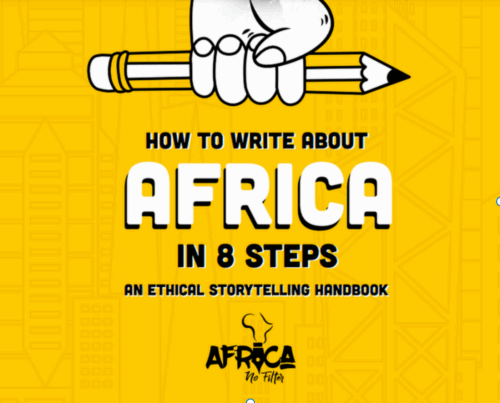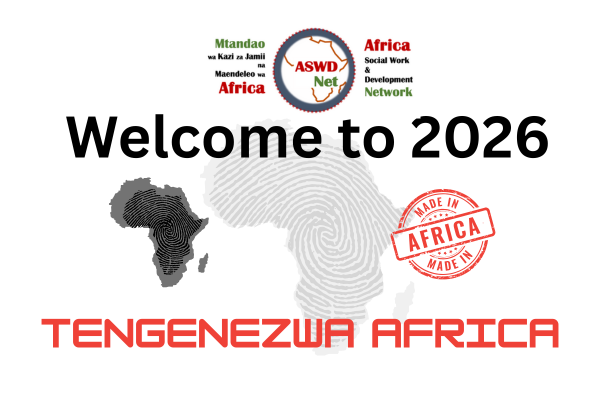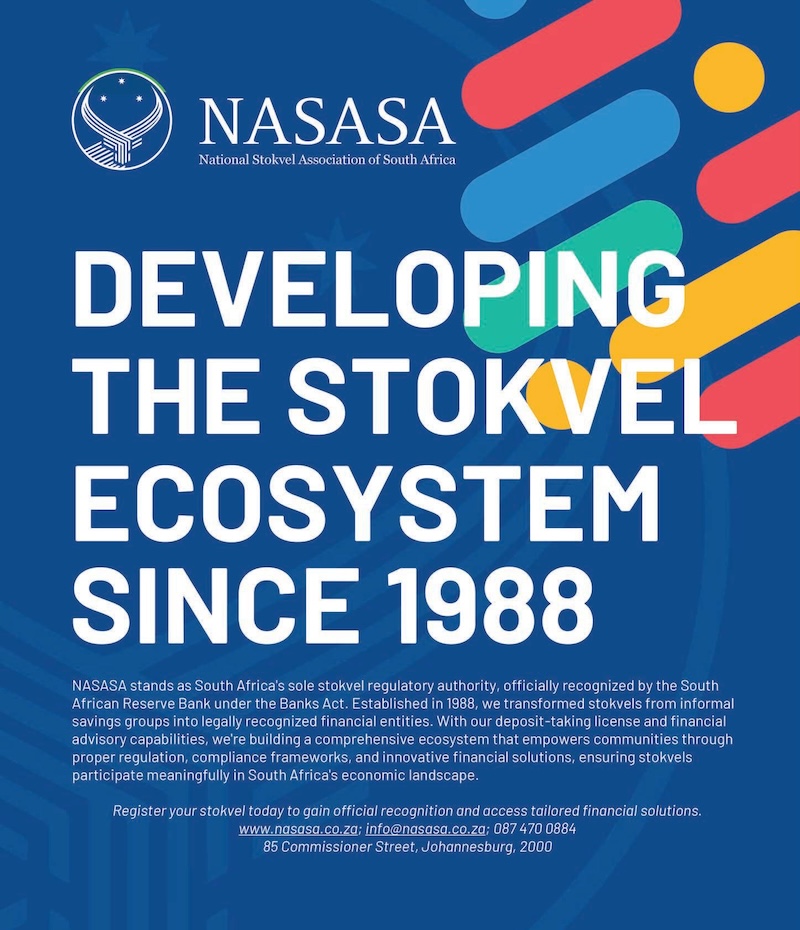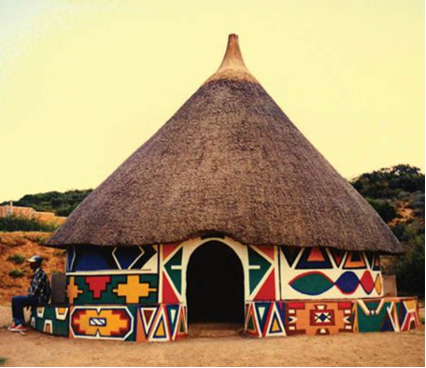
UNETHICAL FUNDRAISING IN THE NAME OF AFRICA
How do you tell ethical stories and avoid unethical stories when writing about Africa or fundraising for projects in Africa? The basic rules are to avoid pitying Africa, avoid focusing on the negatives and avoid making vazungu heroes or saviors.
The Ethical Story Telling Handbook
No Filters Africa is an organisation that promotes ethical story telling and communication for Africa. They published a handbook, Ethical Storytelling Handbook to help point out unethical communication, including that done by UNICEF, World Food Program and Action Aid but also to highlight good examples and provide advice.

On their website, Africa No Filters says “Storytelling is the most powerful way for donor and non-governmental organisations to convey their work because stories allow audiences to connect on both an intellectual and emotional level. However, much of the storytelling about development work in Africa perpetuates harmful and stereotypical narratives about the continent because of unethical practices. The Ethical Storytelling Handbook is a practical guide that addresses some of these issues by providing applicable guidelines for storytellers to share their work on the continent.
Narratives are a collection of related stories that are articulated and refined over time to represent a central belief. The prevailing narrative of Africa as the continent of poverty, disease, conflict, poor leadership and corruption is stereotypical.It has turned a dynamic, innovative and evolving continent with 54 countries into a single story of a broken and dependent continent, a people who lack agency. We’re on a mission to shift outdated perceptions of Africa by supporting the development of stories that represent Africa beyond stereotypes.
Our vision is a world where the prevailing narrative within and about Africa is reflective of a progressive and dynamic continent. Our mission is to connect and build the field of narrative change makers in Africa; Support storytellers and dissemination platforms to crowd in more progressive, nuanced storylines and to drive disruption campaigns that challenge harmful narratives. ANF’s goal over time is to leave an empowered narrative change ecosystem and an informed community of storytellers who work more deliberately to change harmful narratives within and about Africa.
We disrupt and advocate for narrative change. Africa No Filter is the narrative watchdog for the continent. We are tracking, recording and sharing learnings and data around stereotypical narratives. We use our voice and our platforms to applaud narrative changemakers and identify harmful narratives as they emerge. If you see examples of harmful storytelling we should highlight tag us on social media at @Africanofilter or email us“
Ubuntu Fundraising and Charity Principles
TWELVE (12) UBUNTU PRINCIPLES IN FUNDRAISING
- HOPE NOT PESSIMISM
- REMEMBER PEOPLE’S HISTORY
- SUPPORT LOCAL PRODUCTION AND FAIR TRADING
- KEEP RELIGION, CULTURE AND POLITICAL PERSUASION AWAY FROM PHILANTHROPY
- VALUE AND CREATE AFRICAN LITERATURE AND KNOWLEDGE INSTEAD OF IMPORTING IT
- DO NOT BE ALARMIST AND DO NOT FALSIFY EVIDENCE
- GET INFORMED CONSENT
- KEEP CHILDREN IN THEIR BIOLOGICAL FAMILIES IN THEIR COMMUNITY
- CHARITY BEGINS AT HOME
- CULTURAL APPROPRIATENESS
- STRENGTHEN RESILIENCE
- ENRICH PEOPLE IN THEIR FAMILIES AND COMMUNITIES, DO NOT UPROOT, DO NOT EXPORT TALENT/BRAINS
A NOTE FOR SOCIAL AND DEVELOPMENT WORKERS
Lessons for Social and Development Workers
- Tell Africa’s story ethically
- Create ethical narratives
- Fundraise ethically
- Ethical stories will build ethical narratives
- Challenge unethical stories told of Africa by individual philanthropists, small and large charities and international development organisations
Use the form below to subscibe to Owia Bulletin.
Discover more from Africa Social Work & Development Network | Mtandao waKazi zaJamii naMaendeleo waAfrika
Subscribe to get the latest posts sent to your email.



